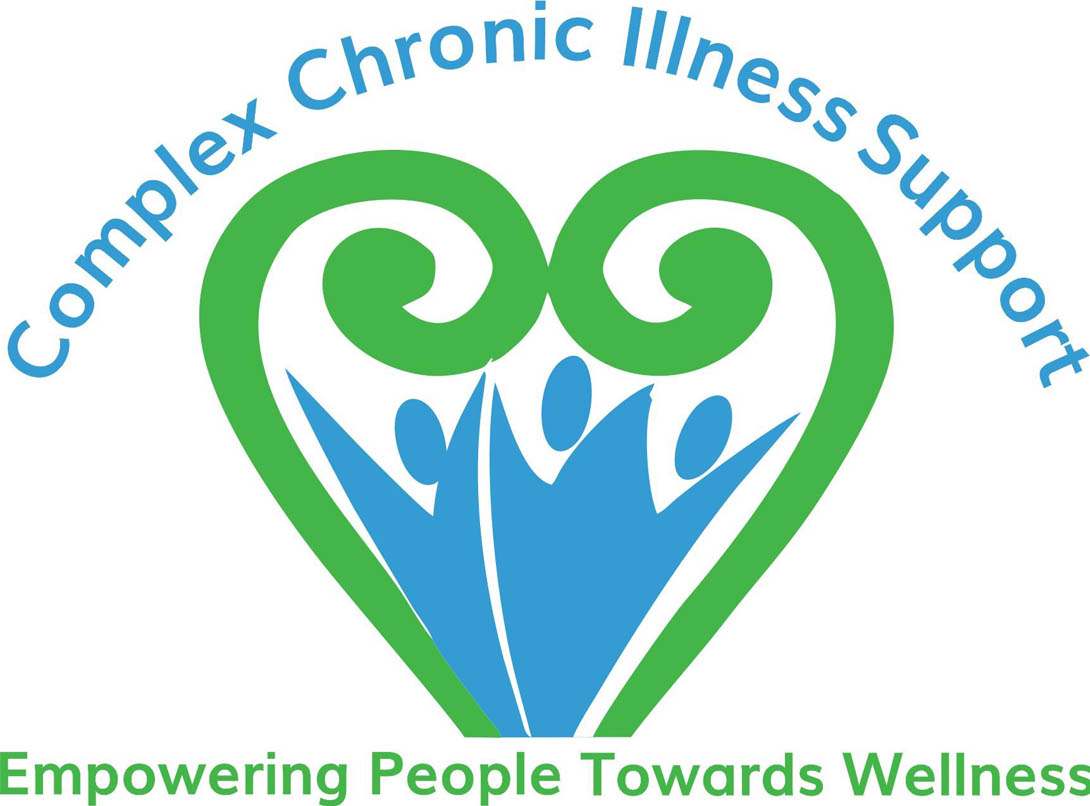Information sourced by Neurochild Community (18/7/2020).
Science is now showing that stillness may be just what we need to regenerate our exhausted brains and bodies.
The demands of modern life put a significant burden on the prefrontal cortex of the brain, which is involved in high-order thinking, decision-making and problem-solving.
Researchers in the new field of interruption science have found that it takes an average of twenty-five minutes to recover from an activity like a phone call. Yet such cognitive interruptions come every eleven minutes on average— which means we’re never quite caught up with our lives. And when our attentional resources become drained, we can become distracted, mentally fatigued, and struggle to focus and solve problems.
This is a common struggle. For many people, it’s incredibly difficult to disconnect or take downtime. Stillness is tremendously difficult in our media-rich, always-on, over-communicated society. We’re constantly filling our brains with news, work updates, music, podcasts and of course, non-stop TV shows. As our internal and external environments become louder and louder, we need to deliberately seek out moments of silence from the noise— putting a pause on the information overload, constant stimulation, and a hurried life.
Constant noise itself can be taxing on a person. Studies of human physiology help explain how invisible phenomena can have pronounced physical effects. Sound waves vibrate the bones of the ear, which transmit movement to the snail-shaped cochlea. The cochlea converts physical vibrations into electrical signals that the brain receives. The body reacts immediately and powerfully to these signals, even in the middle of deep sleep. Neurophysiological research suggests that noises first activate the amygdalae, clusters of neurons located in the temporal lobes of the brain, associated with memory formation and emotion. The activation prompts an immediate release of stress hormones like cortisol. People who live in consistently loud environments often experience chronically elevated levels of stress hormones.
And it is not just the noise we need relief from, but also the constant thinking— a problem for the ages. Even the seventeenth-century French mathematician and philosopher Blaise Pascal famously noted, “All the unhappiness of men arises from one simple fact: that they cannot sit quietly in their chamber.”
Although anatomically the brain isn’t a muscle, it does contain some muscle. And like any muscle, it tires from repeated stress. A structured downtime can help a person do their best work.
The Draugiem Group conducted an experiment using a time-tracking productivity app to see what habits set most productive employees apart. What they found was that the ten percent of employees with the highest productivity surprisingly didn’t put in longer hours than anyone else. In fact, they didn’t even work full eight-hour days. What they did do was take regular breaks.
So even if you are worried about productivity, scheduled periods of stillness and rest are still the ultimate way to go. (Specifically, 17-minute breaks for every 52 minutes of work, if you want to apply the exact science).
The brain depends on downtime to process information, consolidate memory and reinforce learning. In stillness, your brain is actively internalizing and evaluating information for you. A study by Duke University regenerative biologist, Imke Kirste, found that two hours of silence per day prompted cell development in the hippocampus, the brain region related to the formation of memory, involving the senses.
When your brain is idle, you can tap into your inner stream of thoughts, emotions, memories and ideas. When you give yourself stillness, you are giving your brain the opportunity to understand your internal and external environments and gain perspective— something that is vital for overall wellbeing.
These periods of calm can allow self-reflection on where we are headed, why we’ve chosen that path, what we can do better and how to make the journey more meaningful. In an increasingly distracting world, stillness is an overlooked resource that is always at our fingertips.
http://m.nautil.us/…/nothingn…/this-is-your-brain-on-silence
https://www.fastcompany.com/…/the-exact-amount-of-time-you-…
https://medium.com/…/in-a-loud-and-distracting-world-stilln…
Information sourced from:
Neurochild Community (18/7/2020). Stillness: Science is now showing that stillness may be just what we need to regenerate our exhausted brains and bodies. Face book. https://www.facebook.com/neurochildHQ/posts/1015915538866556

Article shared by: Tracey Larsen
Tracey is the Waikato Health & Wellness Facilitator
